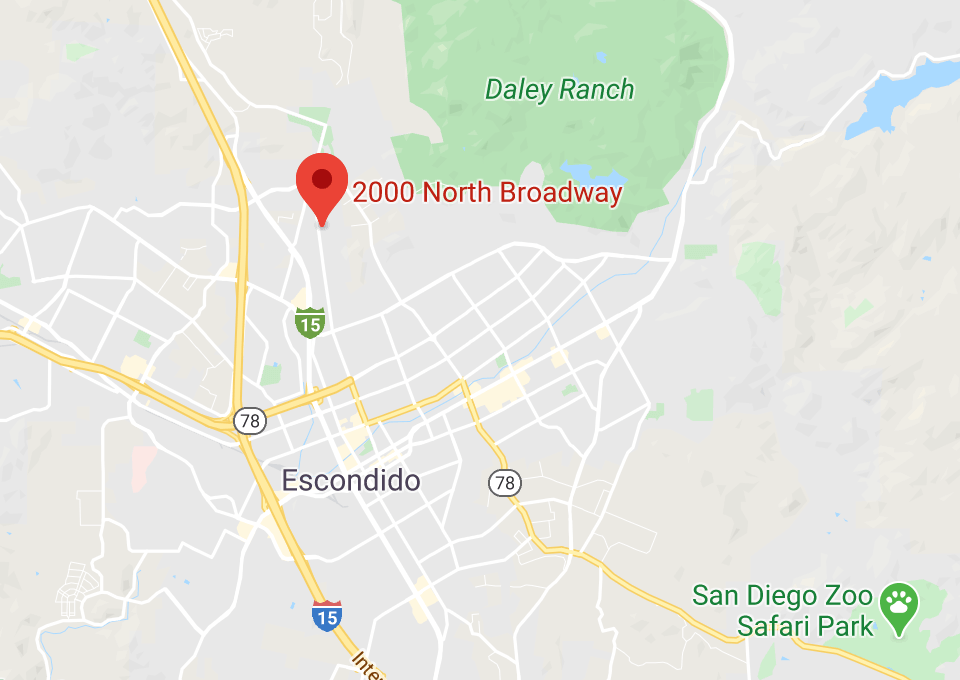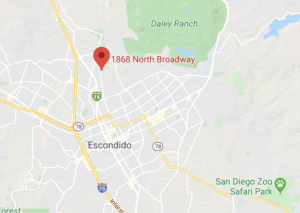We highly encourage you to read through this page to get a better understanding of the heart of Calvin Christian School.
Mission Statement
Our mission reflects Calvin’s roots in the liberal arts tradition. Because our educational mission is to educate the “whole child,” our approach to mission fulfillment is more robust than just the liberal arts. Our approach is visually captured by a poster that hangs in every classroom and office on the Calvin campus. We call the poster our “Missional Deep Hope” poster.
Every organization’s mission statement outlines what that organization “deeply hopes” is the central outcome of the organization’s work. This is undoubtedly true for schools. Sometimes schools might call their “Missional Deep Hope” a “Portrait Of A Graduate.” It is important to know how a school defines its “Portrait Of A Graduate;” it is equally important (if not more so) to understand the school’s approach for helping students develop robustly toward this “portrait.”
Our Portrait of a Graduate

Simply put, our “Portrait Of A Graduate” is that a graduate would know their identity is formed by God’s love in Christ, consequently to live a life of wonder, worship, work, and wisdom. We desire for graduates to know who they are, and what they are called to do.
Thus, our approach to achieving this “portrait” is by way of a Christ-centered, whole-person education, which can be summed up this way:
- The Word of God is the “rich soil” in which everything is “planted.”
- Education is primarily formative as opposed to informative.
- These four questions, in this order, matter:
- Whom to love?
- How to live?
- How to think?
- What to know?
First — God’s Word is the “rich soil” in which everything is “planted.”
The complete educational program could be thought about in terms of a moment-by-moment invitation to a young person to engage and utilize their body, mind, soul, emotions, strength…i.e., their whole being. Let’s use a planter box full of rich, vibrant soil as a metaphor.
The boundaries of the box depict the entire educational world offered to the child. The nutrient-rich soil is God’s Word. What is planted and nourished are specific learning/skill outcomes, using God’s gift of wonder (which animates reason, creativity, imagination, etc.). God’s Word is life itself, as God defines.

Second — Education is primarily formative as opposed to informative.
A child’s Christian educational journey is ultimately shaping a child’s understanding of their identity — who they are. It is also shaping their abilities, which then have bearing upon their sense of self, or identity. We believe that all of life is vying for a child’s identity. We know from Scripture and the rich historic confessions of Christian faith that a person does not belong to him/herself, but he/she belongs to the Triune Creator, who has redeemed him/her by the Gospel of Jesus Christ. Succinctly — God’s Word tells us who we are when found in Christ — a truly loved and fully known child of God.
Finally — Four questions, in this order, matter:
These four questions establish the framework for the curricular and pedagogical work in the classroom, as well as the shaping of the overall culture (ethos) of our learning community on campus.
Question 1: Whom to love?
- In profound, earth-shattering teaching, Jesus tells us all the law and the prophets’ teaching (i.e., all learning and understanding) is summed up by a correct ordering of loves.
- Do we love God with all our heart, all our mind, all our soul and all our strength?
- Do we love our neighbor as we love ourselves
(Gospel of Matthew 22:37-40; Gospel of Mark 22:29-31)
If we get this question wrong, nothing else pursued can be fully right. Christian paragons such as St. Augustine from the 5th century wrote about this as piety, or the correct ordering of loves (or human affections), and thus paramount for the formation of a healthy society.
The first three boxes on our “Missional Deep Hope” poster reflect this biblical truth:
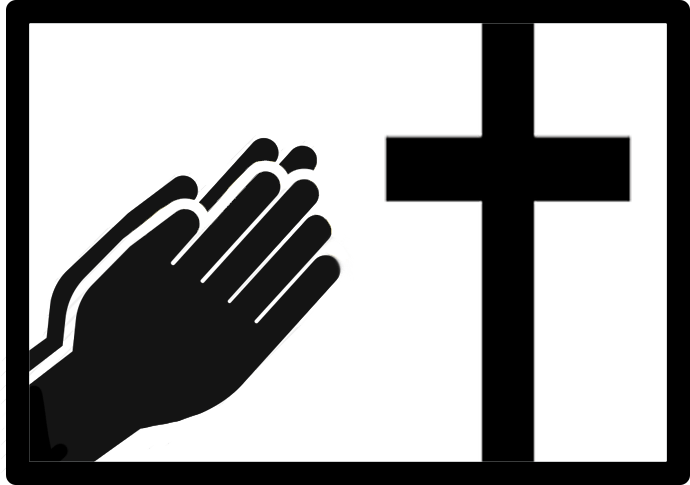
Love & Worship God

Love & Serve My Neighbor

Respect & Submit to Authority
Question 2: How to live?
With the Gospel permanently at work, transforming our lives in the image of Jesus, we become capable of loving God and others correctly. Consequently, there can be a correct tuning of a child’s heart and training of a child’s body, for the glory of God. As children learn about the history of humanity (e.g., events, art, music, custom, economy, etc.), they develop a correct ability to discern how to live correctly, in ways which give God all glory, honor, and praise. Thus, the next four boxes on our “Missional Deep Hope” poster reflect this:

Care For & Control My Body

Delight In & Create Beauty

Recognize & Pursue Goodness
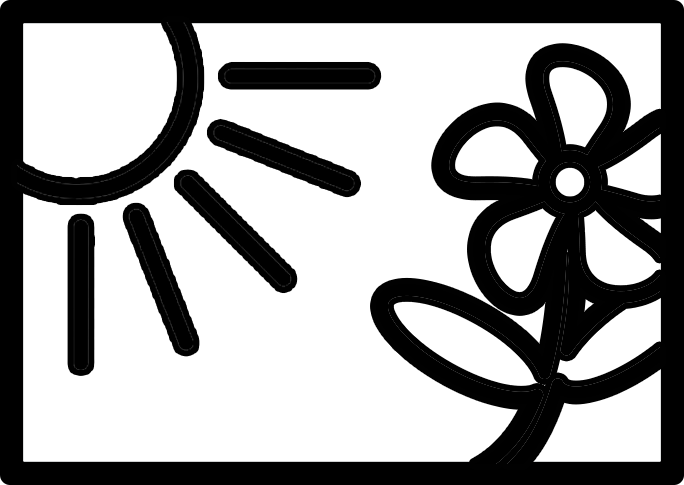
Enjoy & Care for Creation
Questions #3 & #4: How to think & what to know?
These questions can be addressed together. Some school programs have forgotten (or ignore) that “learning to learn,” or learning how to think is integrally connected to the efforts to acquire knowledge. This is yet another reason we claim that our whole child Christian education is formative, versus merely informative. At Calvin, we intentionally focus on helping students develop proficiency with the tools for learning. We believe those tools are associated with the beautiful and robust ways God has imbued the human’s mind to think with words and with numbers, and also in wonderfully imaginative ways. In Biblical terms, correct thinking stems from reverence for the Sovereign, Holy Triune God. The results for the student is the development of Godly wisdom (i.e., discernment with knowledge) and winsome abilities to speak into culture (i.e., Godly rhetoric). The last five boxes on our “Missional Deep Hope” poster reflect this:

Discover & Describe Order
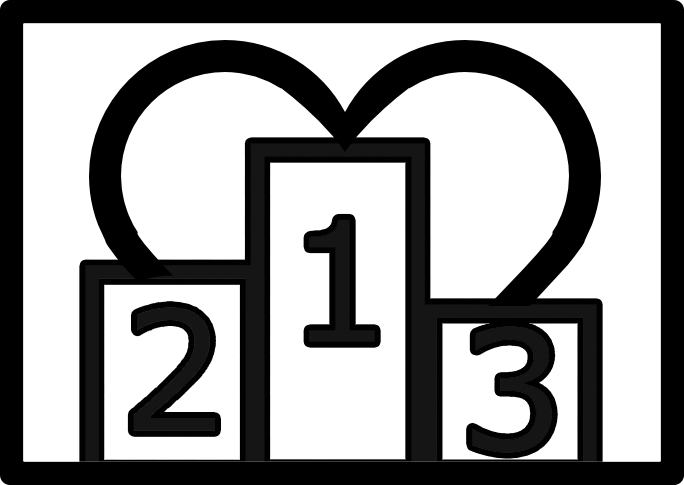
Discern & Defend Truth

Embrace & Employ Reason

Love & Grow in Wisdom
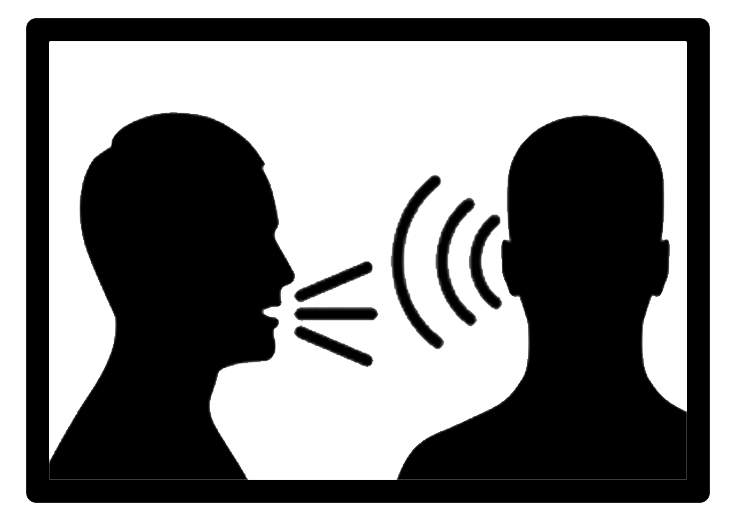
Communicate & Persuade Graciously
As stated above, our approach to creating excellent, whole-child education is visually captured by this poster that hangs in every classroom and office on the Calvin campus. The blue words around the graphics succinctly capture the “deep hope” of our mission statement. The 12 graphics each begin with a statement of who we are (loved by God in Christ), and thus what we can do (i.e., summed up on each graphic with two verbs & a noun) with the sophisticated capacities God has given His image-bearers. The graphics are organized by the four questions above, ordered by God’s Word.




